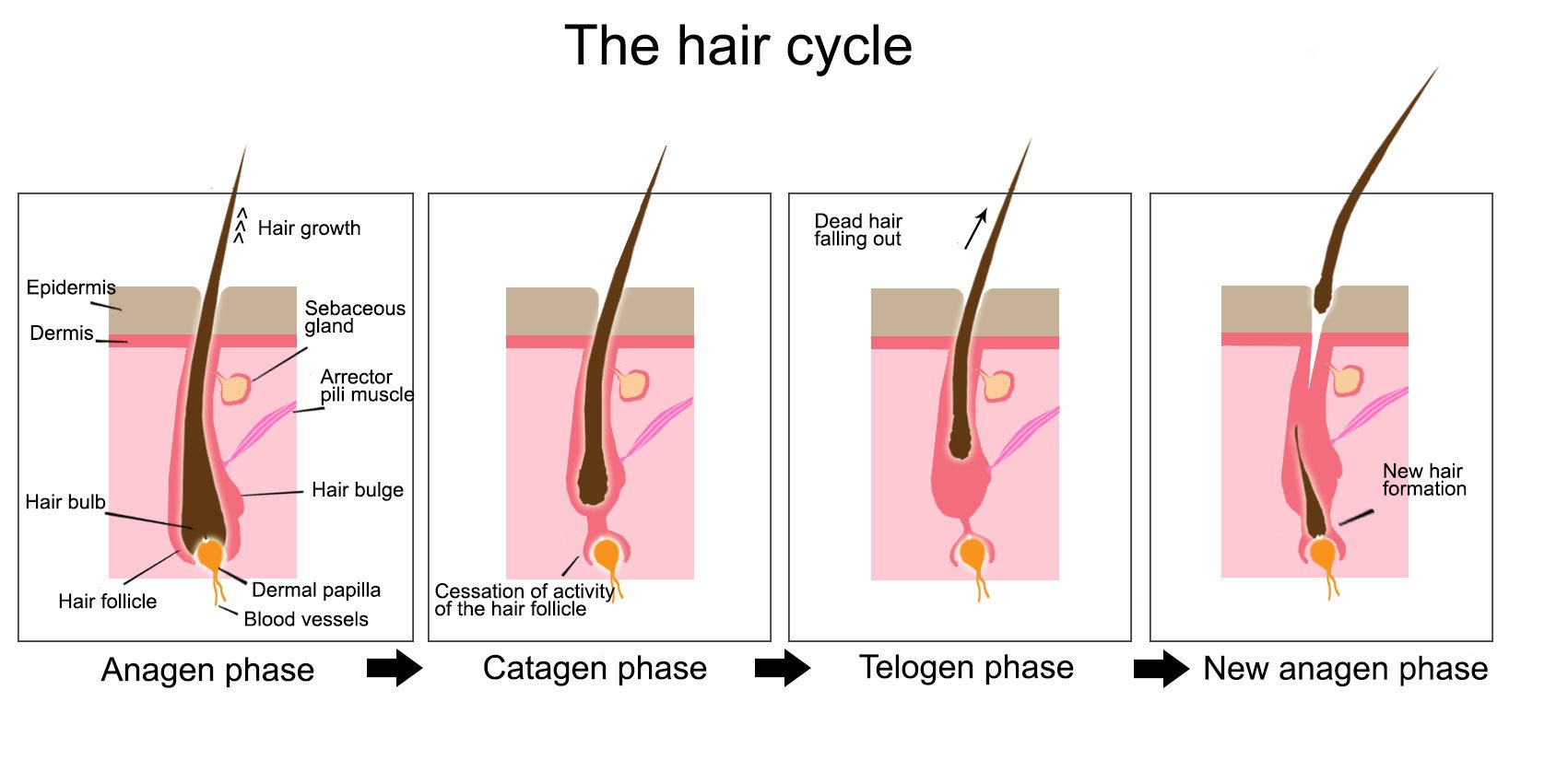

Laser Hair Removal
Traditional methods of hair removal are time-consuming and expensive. The weekly splurge on razors, waxing strips and shaving creams can take a toll on your body and irritate your skin with continued use.
It’s safe to assume that no one loves shaving or waxing; it’s simply a habit that you’ve learned to tolerate. One day, however, you might decide that the effort you put into removing your body hair could be spent better elsewhere.
One of the most effective methods of eliminating unwanted body hair is laser hair removal, which uses intense pulsed light to semi-permanently destroy hair follicles on the body. The procedure has become the gold standard for producing smooth, hair-free skin, and Dr. Daniels can help you determine whether the treatment is right for you.
How Does Laser Hair Removal Work?
Laser hair removal is more than just zapping away hair; the treatment works due to a very particular reaction that occurs in the skin. The pigment in your hair is attracted to the laser light emitted from the device, which turns into heat as it penetrates the skin. When your hair absorbs the light, it becomes damaged, inhibiting its ability to grow.
Laser hair removal has been known to last several years, depending on the patient, hair color and the treatment area. Although the procedure is not entirely permanent, your hair will discontinue growth for a significant period of time. Laser hair removal is effective in several regions of the body, the most popular being the legs, back, underarms, face and bikini line.
In order for laser hair removal to be effective, you must receive treatment during a particular hair growth period. The anagen phase is the beginning stage of hair growth and has the best response to laser treatment. When the laser targets your hair during its very first stage of growth, the treatment is able to stop the growth of hair in its tracks.
The reason why you undergo several treatment sessions before you see a significant elimination of hair is that each hair follicle goes through phases of growth at different times. To target and remove each hair follicle, multiple treatments are necessary.
Determining Your Treatment Regimen
Dr. Daniels will help you decide whether it’s worthwhile to receive laser hair removal treatment. During a consultation, you can learn what to expect from the procedure depending on the characteristics you exhibit.
Laser hair removal works differently for every individual. The number of treatment sessions and their duration will vary depending on factors like hair and skin color. When you have more pigment in your hair, laser light is absorbed efficiently, which is why laser hair removal is particularly effective on those with lighter skin and darker hair.
A lighter complexion ensures the laser does not penetrate the skin and create pigmentation concerns while darker hair has a better affinity for laser energy. This is not to say that darker skin types or individuals with lighter hair cannot benefit from laser hair removal. Rather, Dr. Daniels must create a specific treatment plan that addresses the unique characteristics you present.
The penetration depth of the laser is adjustable, making it ideal for both lighter and darker skin types as well as fine and coarse hair. Dr. Daniels will explain exactly how he will customize your procedure to suit your needs.
What Happens During Treatment?
There will be some time in between your initial consultation and your first laser hair removal session. The lapse will give your hair the opportunity grow enough to respond to the laser light. It’s important to refrain from waxing or plucking during this period and to use adequate sun protection.
During your first session, Dr. Daniels will apply a topical anesthetic to the treatment area to alleviate any discomfort that you might feel. You will also wear protective eyewear to provide a barrier between you and the laser light. Dr. Daniels may shave the hair on the treatment area to create better access for the laser.
Dr. Daniels will pass a handheld device over your skin that emits intense pulses of light. Your hair will immediately absorb the light and begin to disintegrate. To ensure no harm occurs to your surrounding skin, a cooling mechanism will provide temperature control and keep you feeling comfortable during the procedure.
Many patients report the application of the laser feeling like short snaps against the skin, similar to what a rubber band would feel like. Although you may experience minimal discomfort, the treatment is usually bearable.
As an outpatient procedure, laser hair removal allows you to return home after undergoing your treatment session. You will come back in a couple of weeks to receive your second procedure. With continued laser treatments, you will see a gradual reduction in hair until there is no more to treat.
What Happens Afterward?
The most common side effect that you will experience is a sensation that mimics a sunburn. Your skin may feel hot and itchy, but it’s important not to scratch or irritate your skin as it heals. Over the course of a few weeks, your hair will begin to fall out, and further treatment will ensure it does not continue to grow back.
You should wear sunscreen in between each laser procedure to protect your skin from sun damage. Protection will also keep you from becoming tan, which could hinder the efficiency of your laser treatment.
It will be beneficial to avoid chlorine or salt water after laser hair removal, and although it might be tempting to shave or wax after your treatment, you should not indulge. Allowing your skin to heal thoroughly will prevent irritation and burning sensations.
You might consider undergoing laser hair removal during colder seasons to give your skin plenty of time to heal. By the time spring and summer roll around, you’ll be ready to show off your body hair-free.
If you would like more information about laser hair removal, or to find out exactly how it can benefit you, contact Daniels Vein & Cosmetic Center at 609-316- 4626 and schedule a consultation.
